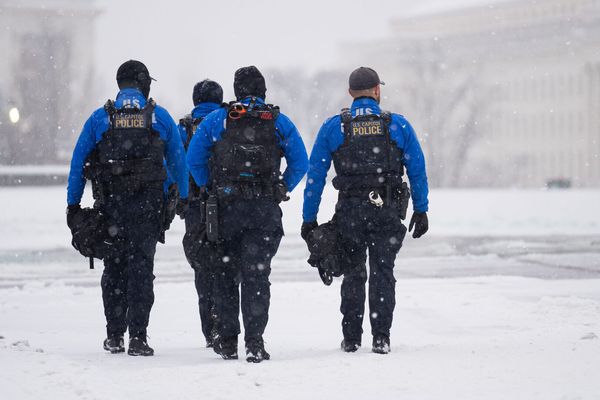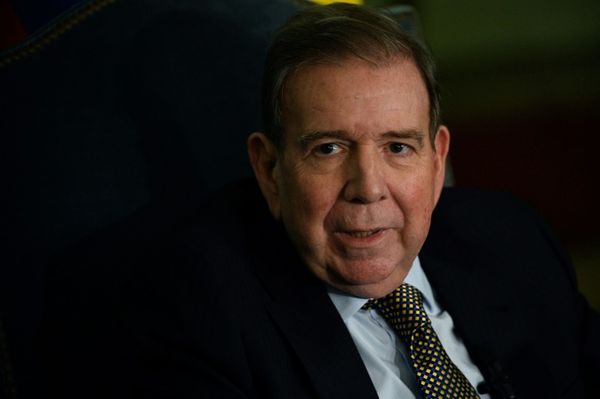Ohio Governor Mike DeWine has signed a bill into law that could charge the public for footage fromlaw enforcement officals, including body cameras.
A provision in a 450-page omnibus bill stated that law enforcement would be allowed to charge individuals the “estimated cost” of processing footage from jail and police for access.
Payment could be required before the footage is released, according to WEWS. Governments will be allowed to charge as much as $75 an hour or for a maximum total of $750 per request.
Footage from dash and body cameras and surveillance footage from jails are public records in Ohio, and legal experts say warned that the legislation may affect the public’s access to these kinds of footage.
The policy wasn’t publically available and didn’t have a hearing before it was added to the legislation, WEWS reported.
During a press conference last month, DeWine said, “These requests certainly should be honored, and we want them to be honored. We want them to be honored in a swift way that’s very, very important.”
“We also, though — if you have, for example, a small police department … and they get a request like that, that could take one person a significant period of time,” he added.
DeWine told WEWS that the proliferation of body cameras “creates a lot more film and a lot more video.”
“It’s not a question of whether you get it. It’s not a question of how fast you get it. It’s simply a question…as a matter of public policy, are we going to require some reimbursement for that?” he asked.
DeWine said in a press release about the bill signings that he “strongly supports” the rights of the public and the press to have access to public information.
“The language in House Bill 315 doesn’t change that right,” he claimed.
He added that he’s “sensitive to the fact that this changing technology has affected law enforcement by oftentimes creating unfunded burdens on these agencies, especially when it comes to the often time-consuming and labor-intensive work it takes to provide them as public records.”
DeWine argued that law enforcement shouldn’t have to “divert” officers from the field and “move them to administrative tasks like lengthy video redaction reviews for which agencies receive no compensation.”
He went on to note that some of the requests come from private companies looking to make money off the footage.
“The language in House Bill 315 is a workable compromise to balance the modern realities of preparing these public records and the cost it takes to prepare them,” he added, before noting that the fee is “optional at the discretion of the agency.”







